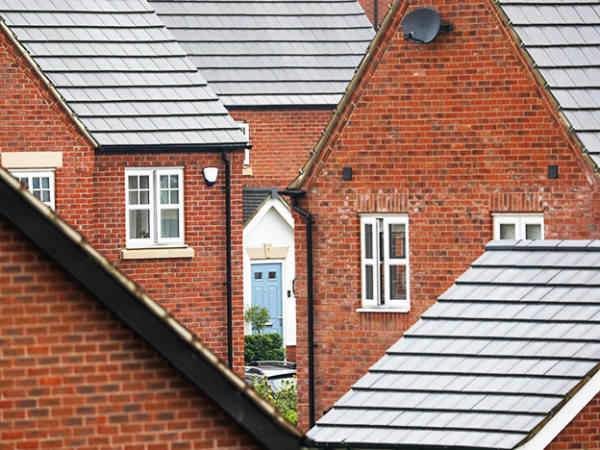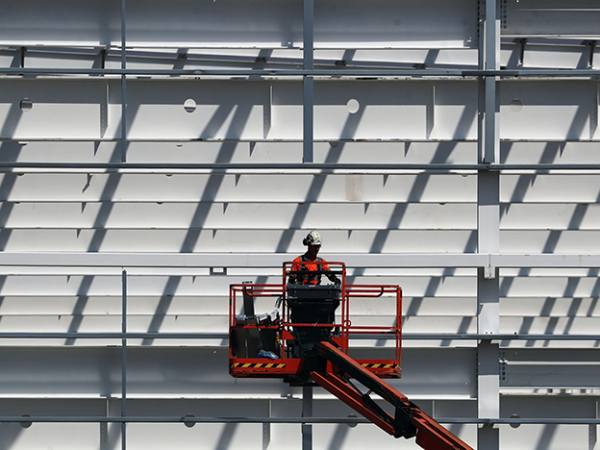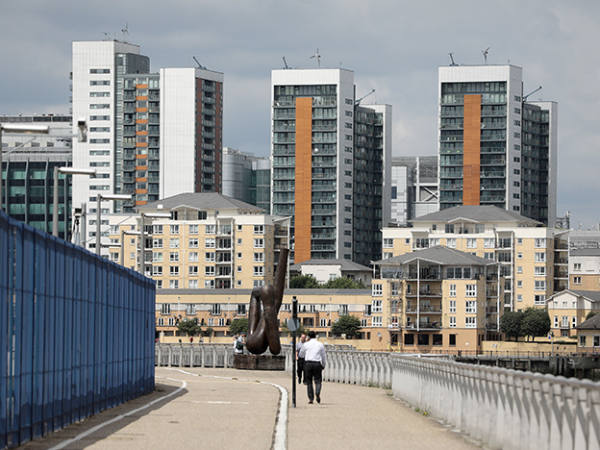- Banks return mortgages to market
- Bank of England decision now awaited
Thousands of mortgage products were removed from the market last week as banks tried to get to grips with the rates at which they should lend following the economic fallout from chancellor Kwasi Kwarteng’s “mini” Budget.
The difficulty for banks remains in figuring out how to price mortgages. This comes as millions of people roll off low interest rates as fixed-rate terms come to an end. And the significant increase in housing costs as a proportion of income in the UK means this will hit those with mortgages just as hard.
Nationwide told Investors’ Chronicle that it needed "to ensure that its mortgage pricing remains sustainable at a time where swap rates continue to fluctuate and remain at extremely high levels” and many other lenders are in the same position. Gilt yields spiked sharply on the back of the fiscal statement as investors priced in tighter monetary policy to offset increased government spending. The Bank of England could decide to raise rates by at least 75 basis points in its next meeting at the start of November.
By last Thursday, financial information service Moneyfacts calculated that 40 per cent of products had been pulled. Mortgage lenders have been returning to the market with loans – but at inflated prices. Nationwide said its fixed rates had increased to 5.89 per cent while HSBC (HSBA), Lloyds (LLOY), Santander (SP:SAN), and building societies Skipton and Yorkshire also confirmed their mortgages had either returned to the market or were about to at higher prices.
Other lenders have done the same and the average rate has jumped as a result. According to Moneyfacts, a typical two-year fixed mortgage deal has increased from 4.74 per cent on the day of the Budget to 5.75 per cent. Lucian Cook, head of residential research at Savills (SVS), said the increase will put "downward pressure" on house prices as prospective buyers are forced to lower their budgets. Higher mortgage rates will also create difficulties for the over 2mn borrowers with fixed-term products who the Bank of England said will need to remortgage by the end of 2024.
Cook said the jury was out on how long this period of high interest rates would last. If inflation is brought under control rates would be expected to fall back. But if the Bank raises the base rate to between 5.5 and 5.75 per cent by next year as traders are predicting, mortgage rates could in turn hit 6.5 to 6.75 per cent. For someone who is currently paying down a £300,000 mortgage over a 25-year period at the pre-Budget average of 4.74 per cent, a 6.75 per cent rate would mean monthly payments increasing from £1,700 to £2,070.
Builtplace residential market analyst Neal Hudson points out that higher-than-average loan-to-income ratios mean “an increase in mortgage rates to 6 per cent would take repayment affordability above the level immediately prior to the 2007 downturn and just below the peak level in 1990”.
The average loan-to-value (LTV) ratio on mortgages is also ticking up. After the 2007 housing bubble, the number of 70 to 90 per cent LTV mortgages dropped while the market for above 90 per cent LTVs collapsed completely as banks were no longer willing to take the risk. Since then, 70 to 90 per cent LTV mortgages have crept back to levels higher than pre-2007 crash while the number of 70 per cent or lower LTV mortgages has fallen.
But with rising funding costs now seen by lenders as their most significant risk, borrowers' deposits have become less important in the short-term. Rates at some lenders now sit at between 5 and 6 per cent virtually across the board, irrespective of loan-to-value ratios.
Meanwhile, there is a big question around what this will mean for mortgage arrears. Arrears were at a historic low in 2020 as government legislation banned residential evictions in the face of the Covid-19 pandemic but, even before the budget fallout, banking trade body UK Finance had warned last month that the surging cost of living meant it expected a “further, and larger, increases”.
Yet Cook posited that the worst-case scenario for mortgages might be avoided, as many lenders have learned from the crises of the early 1990s and 2008 not to be too aggressive. He said that some lenders might offer mortgage repayment holidays as they did during the pandemic, while others could allow those remortgaging to carry on paying at their current rate.
“Given lenders won’t want to shoot themselves in the foot and bring a lot of repossessed stock to the market, they will look at other ways to help their customers,” he said.
Approximately 8mn households in England own their homes outright - more than the roughly 7mn who have an owner-occupier mortgage. There are also around 2mn outstanding buy-to-let mortgages. But mortgaged buyers have an outsized influence on prices: they account for roughly two-thirds of property transactions, according to Builtplace.












